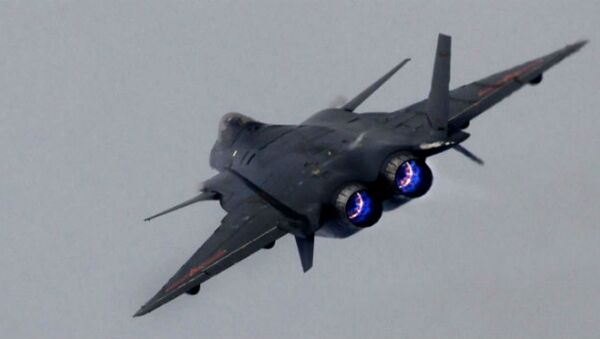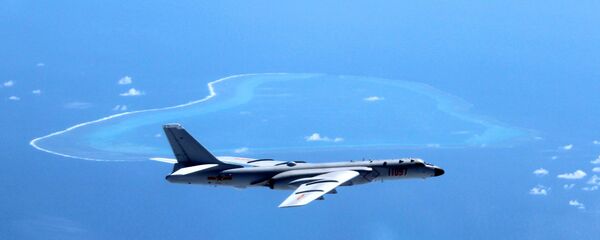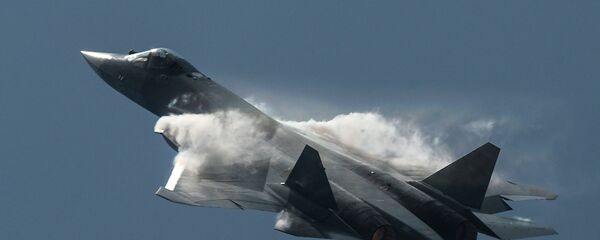The September 2 sighting came after China's defense ministry warned India against deploying its supersonic BrahMos missile in the same region, and some analysts saw China's move as a response to India's deployment.
However, military expert Vasiliy Kashin told Sputnik that testing military equipment at high altitude has become a priority for the Chinese armed forces, regardless of where the technology is eventually deployed.
"It is possible that China specially organized the publication of photos on the internet, but testing of the jet at high altitude would be carried out in any case," Kashin said.
Chinese defense websites reveal that China's air force has gone to great efforts in recent years to test defense technology in high altitude conditions, posting updates about tests of medium- and long-range missiles, and the many different types of combat aircraft and army helicopters which have passed through China's mountain airfields.
"There are a lot of specifics to operating technical equipment at high altitude. A lot of systems may not work properly in conditions of thin air and low temperature. Above all, this concerns equipment used for the technical maintenance of military equipment – the military equipment itself is usually better adapted to extreme conditions," Kashin explained.
"It appears that at some point the Chinese leadership decided to carry out a 'mountain test' of all new equipment for China's army and air force, and a lot of its missiles."
However, Kashin believes that India, which has taken steps to boost its armed forces, has little to fear from China's latest mountain test.
"In terms of real consequences for India's security in the coming years, the mass testing of Chinese weaponry like the J-10 and J-11B fighter jets is much more important than these kinds of tests of the J-20," he explained.
"India is able to ensure the necessary balance of power because it has purchased Russia's S-400 anti-aircraft missile systems, modernized Sukhoi Su-30MKI fighter jets and is collaborating with Russia on the Sukhoi/HAL fifth generation fighter aircraft (FGFA) joint project."
"The Chinese air force there already faces US F-22 and F-35 stealth fighters, furthermore the latter will be used by America's regional allies like Japan and Australia."
The J-20 plane is a twin engine fighter with stealth features which enable it to sometimes go undetected by radar unlike other fighter jets.
In July aviation magazine AIN online reported that China’s Chengdu Aircraft Company (CAC) has built two of the aircraft, following two prototypes and six known development aircraft that featured a successive series of refinements.
According to a recent report by Defense World, production is slated at two fighters per month and at this rate, China may be able to deploy 36 J-20 fighters by early 2018.




